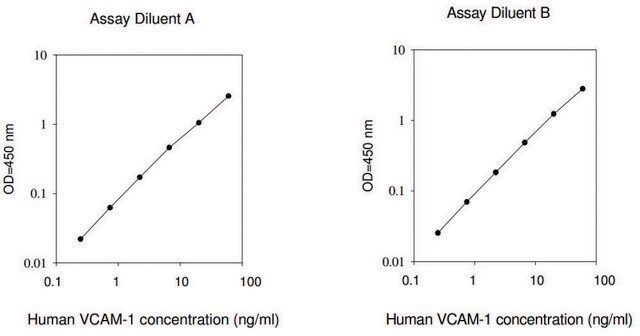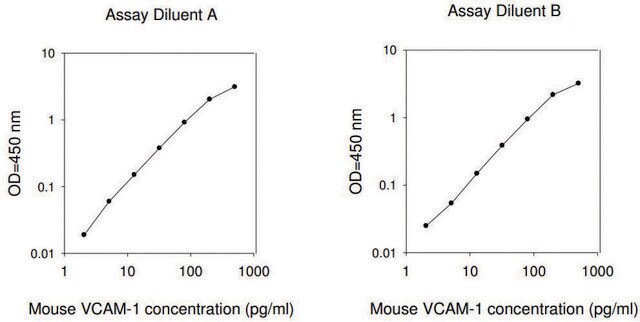T6515
Cholecystokinin Fragment 30-33 Amide
≥95% (HPLC)
Sinónimos:
CCK-4, Gastrin Tetrapeptide, Tetragastrin, Trp-Met-Asp-Phe amide
About This Item
Productos recomendados
Quality Level
assay
≥95% (HPLC)
form
powder
mol wt
59670 g/mol
technique(s)
toxicology assay: suitable
solubility
DMF: 20 mg/mL, clear, colorless to yellow
suitability
suitable for molecular biology
storage temp.
−20°C
SMILES string
CSCC[C@H](NC(=O)[C@@H](N)Cc1c[nH]c2ccccc12)C(=O)N[C@@H](CC(O)=O)C(=O)N[C@@H](Cc3ccccc3)C(N)=O
InChI
1S/C29H36N6O6S/c1-42-12-11-22(33-27(39)20(30)14-18-16-32-21-10-6-5-9-19(18)21)28(40)35-24(15-25(36)37)29(41)34-23(26(31)38)13-17-7-3-2-4-8-17/h2-10,16,20,22-24,32H,11-15,30H2,1H3,(H2,31,38)(H,33,39)(H,34,41)(H,35,40)(H,36,37)/t20-,22-,23-,24-/m0/s1
InChI key
RGYLYUZOGHTBRF-BIHRQFPBSA-N
Gene Information
human ... CCK(885)
rat ... Cckbr(25706)
¿Está buscando productos similares? Visita Guía de comparación de productos
Amino Acid Sequence
General description
Several biologically active fragments of the neuropeptide cholecystokinin (CCK) are present in the brain, where they interact with CCK-A and CCK-B receptors. Among these fragments, CCK-4 is notably abundant in the cortical and limbic brain structures. CCK-4, a bioactive form of cholecystokinin, is a peptide hormone that regulates food intake by binding to CCK receptors in the gut and brain.
Application
Biochem/physiol Actions
Packaging
Preparation Note
Storage Class
11 - Combustible Solids
wgk_germany
WGK 3
flash_point_f
Not applicable
flash_point_c
Not applicable
ppe
Eyeshields, Gloves, type N95 (US)
Certificados de análisis (COA)
Busque Certificados de análisis (COA) introduciendo el número de lote del producto. Los números de lote se encuentran en la etiqueta del producto después de las palabras «Lot» o «Batch»
¿Ya tiene este producto?
Encuentre la documentación para los productos que ha comprado recientemente en la Biblioteca de documentos.
Nuestro equipo de científicos tiene experiencia en todas las áreas de investigación: Ciencias de la vida, Ciencia de los materiales, Síntesis química, Cromatografía, Analítica y muchas otras.
Póngase en contacto con el Servicio técnico






